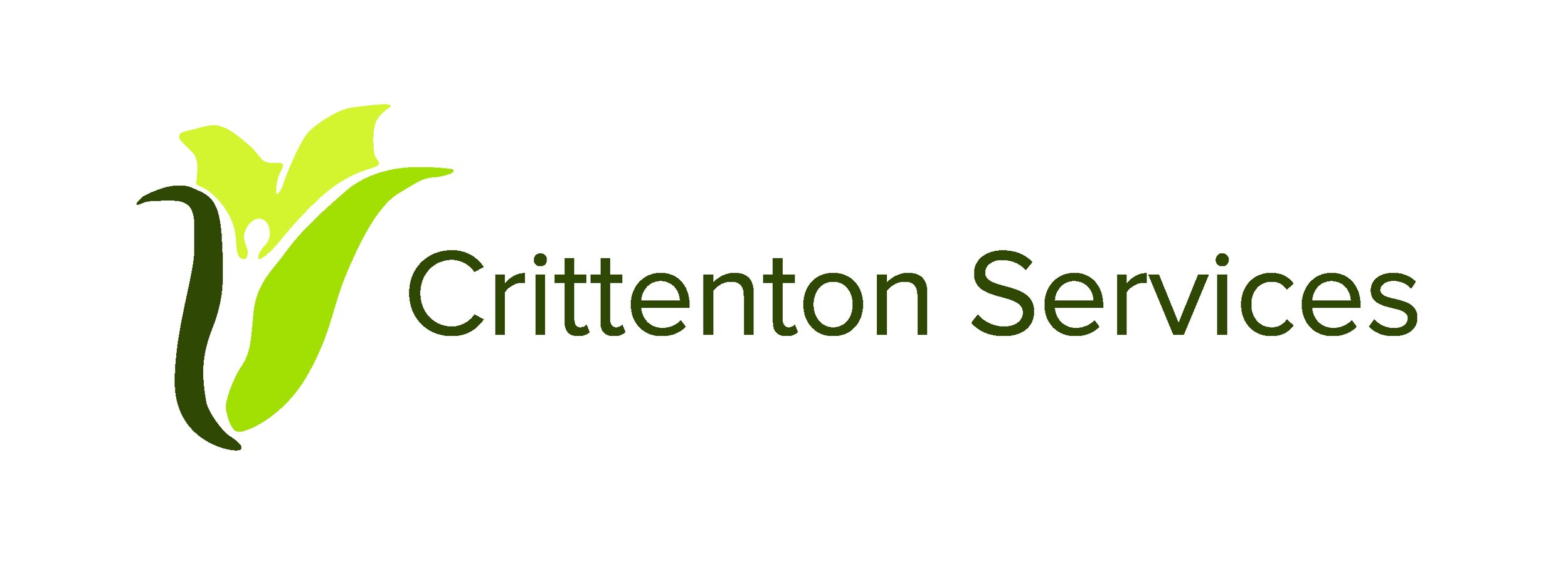Residential Referrals
Level I
Provider ID #30216977
Transitioning to independent adulthood is hard work. Pregnancy and early parenting only increase the challenges. Typically, a Level I resident has grown up in state care and has no social safety net in place to help her navigate the first year of college or technical school, managing personal finances, becoming a parent, finding employment, struggling with mental health issues, and more.
Crittenton offers a welcoming home and supportive accompaniment to independence, with case management, counseling services, childcare assistance, and life skills development. Each young woman works to build a stable future for herself and her family.
Crittenton's Level I program is an expansion of the residential program that has served West Virginia girls and young women for more than a century. The Level I House is a step-down residence, a community-based setting that supports young women as they transition to independent living. In the Crittenton tradition, it is the state's only Level I program designed to meet the needs of pregnant and parenting young women.
Ages 16-21
Enrolled in school and/or employed
Live with minimal supervision
WV residents
Utilize Crittenton Services for child care and counseling
Do not have to be pregnant or parenting
Level II
Provider #30002141
Gender Responsive Treatment
Girls are different than boys. This treatment approach, which recognizes and responds to the unique needs, challenges and strengths of women and girls, is the best-practice model for institutions and programs across the country. Not just "girls only" programs that were designed for boys, these programs are multi-dimensional and deal with specific women's issues such as addiction and chemical dependence, domestic violence, sexual abuse, pregnancy/parenting and relationships/connectivity.
Trauma-Informed, evidence-based programming
The ARC Framework is integrated into the treatment model, utilizing 10 building blocks of trauma-informed care. The environment, program model, staff training and skills are focused on building Attachment, Self Regulation and Competency in our clients. ARC is integrated into everything we do at Crittenton.
Individualized/Specialized Treatment Focus:
Substance Abuse Treatment
Parenting Education
Unique Academics and Career Planning
Who We Serve
Girls, 12-18 years of age, or transitioning adults (19-21)
Multi-problem youth
Pregnant or parenting youth (parenting youth are admitted with their infants)
FSIQ at or above low average range (>75)
Psychiatrically stable and capable of maintaining safety of self and others
The young women in our program may have experienced:
Physical and sexual abuse or neglect
Victimization and trauma
An unplanned pregnancy without support
Difficulties with school
Involvement with juvenile justice
Multiple placements
Substance abuse
Behavioral and emotional challenges
The Program
"Butterfly Becoming" utilizing The Butterfly Metaphor ...
The program is designed to assist residents as they progress through four unique and challenging stages, tracking the therapeutic change process.
Beginnings - getting stable and learning about treatment
Reflections - being honest about strengths and needs; setting goals and preparing for change
Awakenings - taking action and practicing new patterns of behavior; overcoming obstacles
Transformation - using this new me, new supports, to pursue a new life
Why Crittenton?
Focus on Permanency
Our goal is to work with the MDT and family to create permanent solutions and supports for the young women-to transform her sense of self and empower her to achieve life goals.
Focus on Family
Change happens within a system and support from her family, as well as her new focus to support her own child in the next generation is imperative to success.
Focus on Quality
Crittenton sets the highest quality standards in the state for residential treatment, accredited by COA, membership on the WV Commission to Study Residential Placement of Children, and the Service Delivery and Development Work Group
Focus on Outcomes
40% - 60% of our residents complete our treatment program, or evidence substantial gains toward achieving their life goals 92.5% transition to a less restrictive level of care 80% are back "on target" to achieve their academic goals
